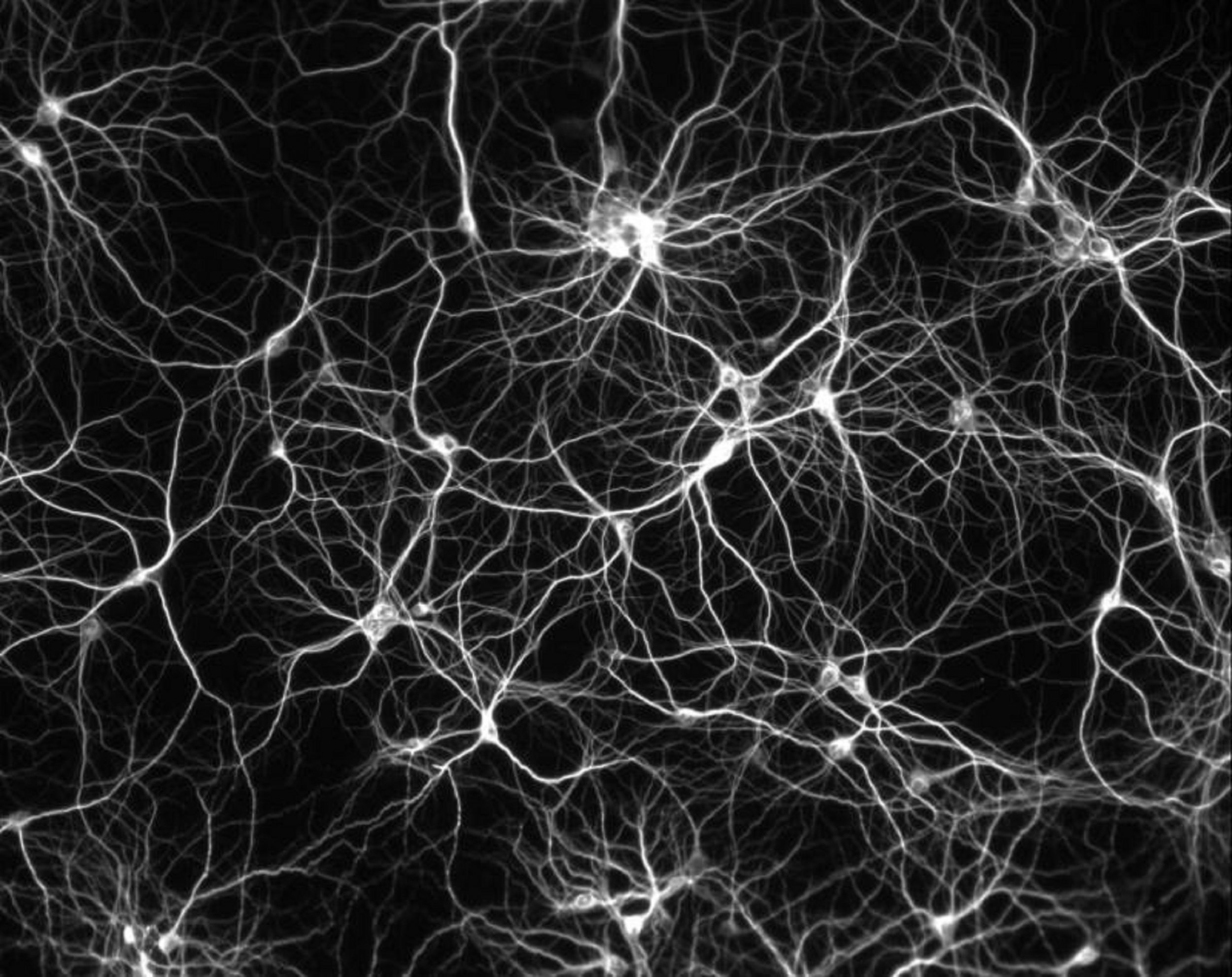
Imagine being able to erase bad memories or amplify ones that might be fading.
In a new study that is reminiscent of the film Eternal Sunshine of The Spotless Mind, scientists at Stony Brook University in New York have found a way to strengthen, weaken or even erase memories by modifying signals in the brain.
The study, published on Thursday in the journal Neuron, investigated the possibility that the strength of memories in mice could be "tuned" by manipulating the brain's natural mechanisms for signalling by a particular transmitter called acetylcholine.
Researchers hope the method to manipulate memories will have far-reaching implications for human patients with brain disorders like Alzheimer's, dementia and post-traumatic stress disorder.
"The overall goal of the study was to figure out mechanisms that could strengthen memories that might be fading, or weaken memories if they're bad memories," Lorna Role, the study lead at Stony Brook University's Department of Neurobiology and Behaviour, tells Newsweek.
Role and her team gave the mice in the study small electric shocks in order to induce a memory of a traumatic experience.

By increasing the release of acetycholine during the formation of the memory, the memory lasted more than twice as long as normal. By decreasing the neurotransmitter, the memory could be wiped out.
"We managed to turn it right up so the mouse really couldn't forget what they had been through, as well as essentially turn it off so that the animal was no longer afraid," Role says. "They had absolutely no recollection of the traumatic experience."
Role and her team's work builds upon work previously undertaken by Massachusetts Institute of Technology (MIT) that sought to identify which parts of the brain were involved in forming emotional responses to remembering places or events. Rather than just mapping it, Role sought to understand how the different brain systems work.
The idea of creating a fearless animal also raises questions about how this method might be used for more sinister purposes in the future. One potential application might be within a military context, creating fearless soldiers unafraid of danger.
"I'm not so happy about that potential application but science leads you where it chooses to," Role says. "We wanted to test whether we could tune memories up and down to help benefit someone with Alzheimer's disease or general cognitive decline, so I was a little distressed to see how well it worked at making animals fearless."
The study also raises questions about whether or not it will one day be possible to implant artificial memories into the brain, something Role believes we are getting closer to. She says it will be at least a few years before clinical trials will begin on humans as several advancements in the field need to be made.
Uncommon Knowledge
Newsweek is committed to challenging conventional wisdom and finding connections in the search for common ground.
Newsweek is committed to challenging conventional wisdom and finding connections in the search for common ground.
About the writer
Anthony Cuthbertson is a staff writer at Newsweek, based in London.
Anthony's awards include Digital Writer of the Year (Online ... Read more





